Mongla, Oct 02 (V7N) – The Padma Bridge has transformed trade dynamics in Bangladesh, with Mongla Port emerging as a major export hub for Dhaka’s garment products for the first time. Previously, no garment shipments from Dhaka were routed through Mongla, but since the bridge’s inauguration, exporters have increasingly turned to the port due to reduced distance and faster connectivity.
The road distance from Dhaka to Mongla Port is now just 170 kilometers, compared to 260 kilometers to Chattogram Port and 247 kilometers to Payra Port, making Mongla the closest gateway. Improved road links between Dhaka and Mongla have significantly reduced travel time, enabling quicker container handling and cutting costs for businesses.
According to Mongla Port Authority’s Chief Planning Officer Md. Zahirul Haque, since the bridge opened, around 1,444 TEUs of garment products from Dhaka and surrounding areas have already been exported via Mongla. To meet the rising demand, three major development projects are underway, including the “Upgradation of Mongla Port” project, construction of two modern container jetties under India’s LOC financing, and a large-scale expansion project with Chinese funding on a G2G basis. Once completed, these initiatives will establish Mongla as a modern automated port with a container handling capacity of up to 400,000 TEUs annually. Additionally, two unfinished jetties are being implemented under the PPP model, which will add capacity for another 200,000 TEUs.
The port is also becoming a preferred hub for vehicle imports. Officials report that nearly 80 percent of reconditioned cars now enter Bangladesh through Mongla. Importers note that the Padma Bridge has eliminated previous delays at ferry ghats, allowing vehicles to reach Dhaka showrooms directly from the port in record time.
Industry representatives, including Capt. Md. Rafiqul Islam, Chairman of the Bangladesh Shipping Agents’ Association, and Syed Zahid Hossain, President of Mongla Port Berth and Ship Operators Association, praised the efficiency gains but highlighted a key challenge: large container vessels still cannot dock at Mongla due to limited navigability of the port channel. Ongoing dredging work is expected to resolve the issue, allowing bigger ships to enter and further reducing shipping costs.
Abdul Haque, President of BARVIDA (Bangladesh Reconditioned Vehicles Importers and Dealers Association), added that before the Padma Bridge, importing vehicles into Dhaka via Mongla was costly and time-consuming. Now, the process is faster and more affordable, with even greater benefits expected once the Dhaka-Mongla highway is expanded into a four-lane route.
Mongla Port Authority’s Deputy Director for Public Relations, Md. Makruzzaman, reaffirmed that the port is committed to ensuring maximum facilities for traders. He emphasized that Dhaka’s businesses are the biggest beneficiaries of the Padma Bridge, which has not only saved time but also significantly reduced costs.
END/AHS/SMA/



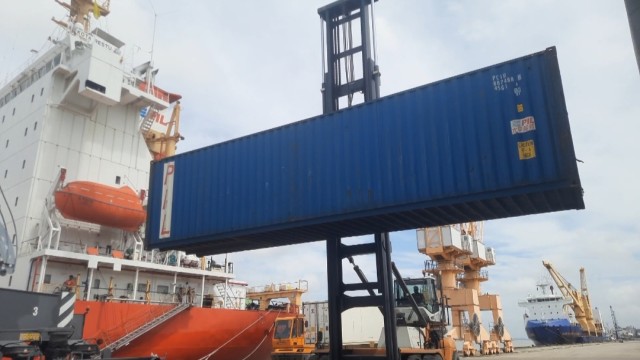
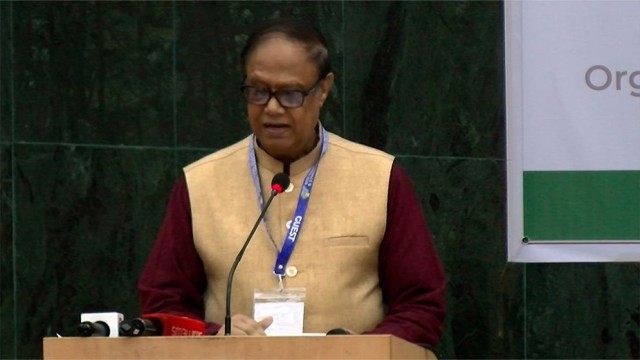


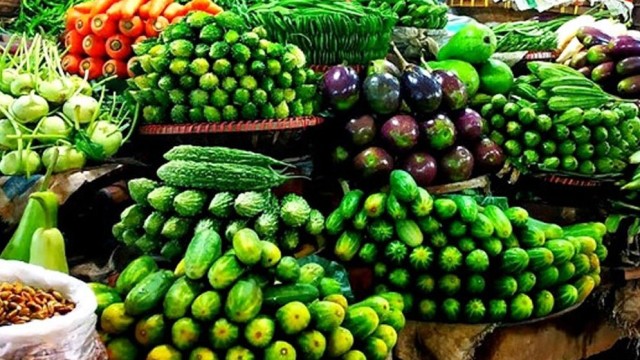

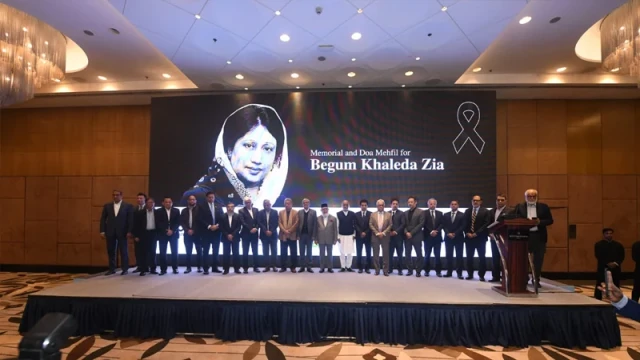

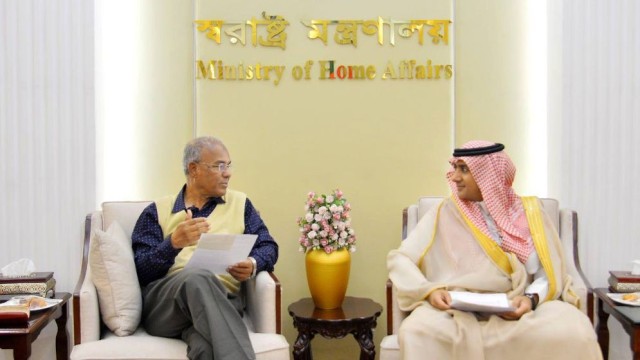

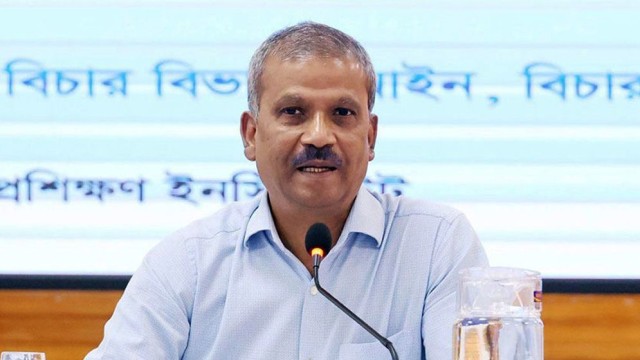


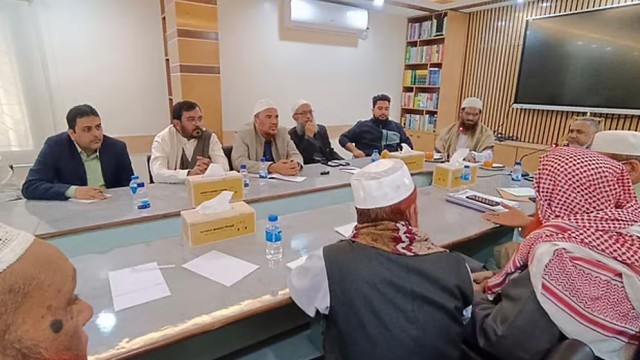





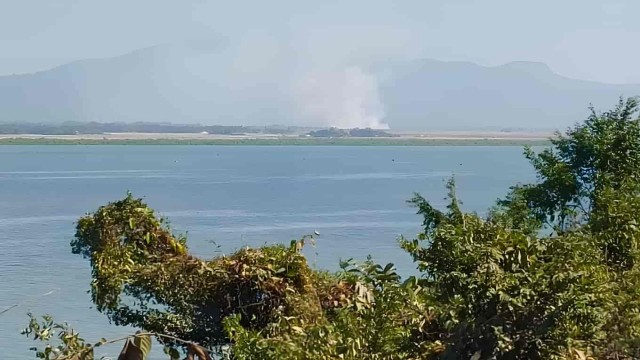




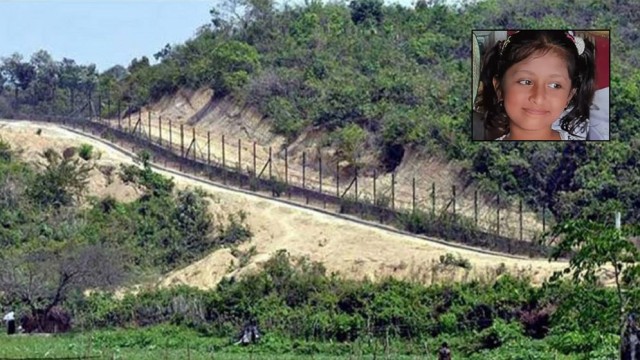



Comment: